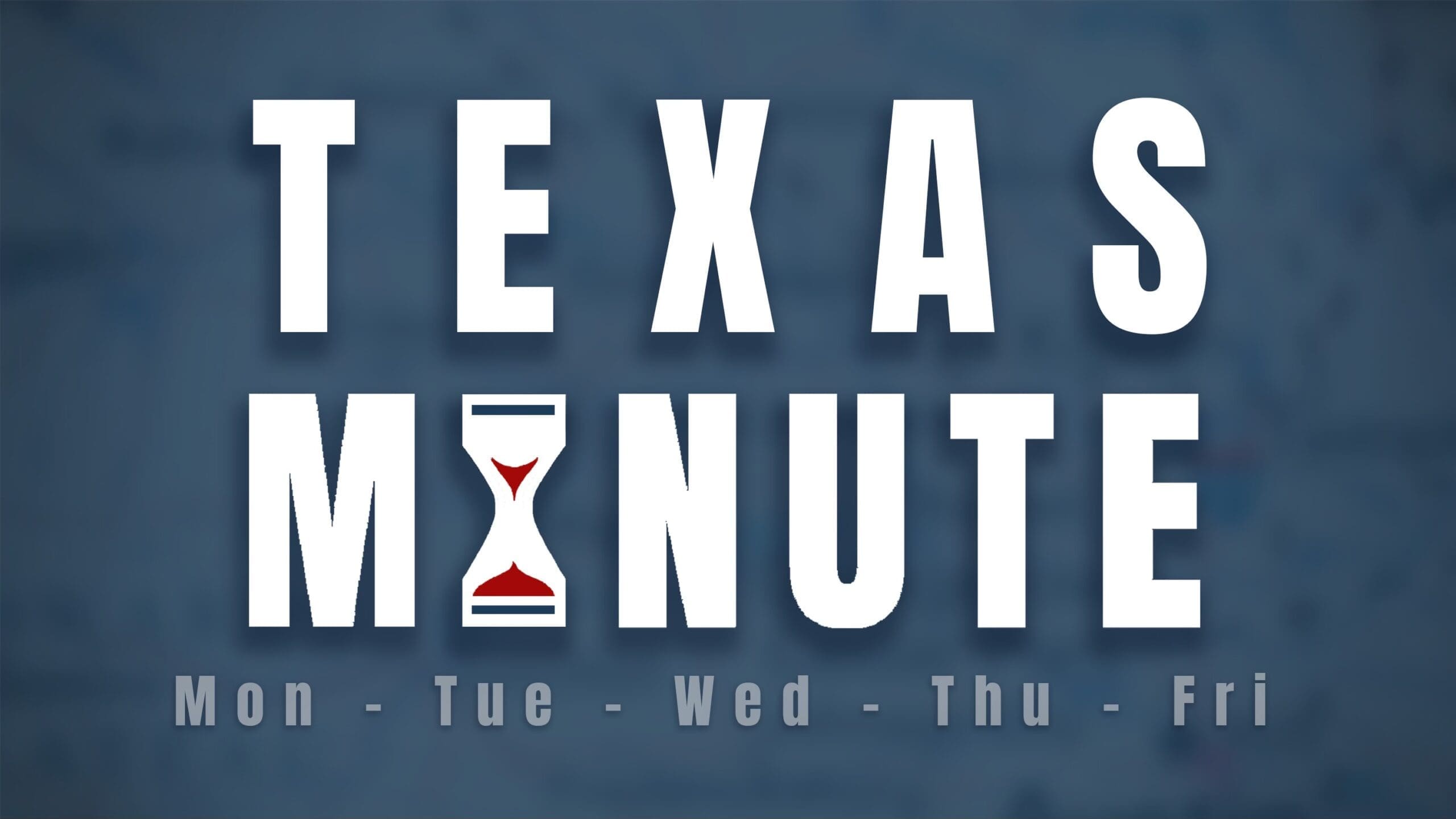The University of Texas Board of Regents is going to raise tuition again, after having done so several times in the last few years, and as recently as just last year.
The University sent out a survey to all its students prior to the announcement that they would be raising tuition, asking them how the tuition raise would potentially affect them, if the students supported it, and so forth. The students responded with a resounding “no” to further tuition increases.
However, the administration at UT intended to steamroll the student body yet again.
Regardless of the results of the survey sent out to students by the University, a committee was formed to draft a proposal for President Fenves to present to the Board of Regents in February. The committee, called the Tuition Policy Advisory Committee, is headed by Maurie D. Mcinnis, who takes a $450,000 salary from the university each year.
In 2016, UT’s administration did not respond to students’ pleas for no more tuition increases; instead, the Board of Regents elected to raise tuition after “thoughtful and deliberate consideration,” President Greg Fenves said in a statement, announcing the tuition raise.
That effort was spearheaded by Chancellor William McRaven, who is paid $1.2 million annually by the university. McRaven defended that measure on the basis of making the university more competitive on the national scale. However, the University of North Carolina-Chapel Hill, one of the premiere higher-learning institutions in the country, and a school which tends to rank higher than UT-Austin in academic rankings, charges over $1,000 less per year than the University of Texas-Austin does. No chancellor at the University of North Carolina makes more than, or even close to, a million dollars.
The newest tuition hike would make tuition “increase by $104 per semester in 2018-19 and $106 per semester in 2019-20” according to a letter put out to the student body in early December.
Since the last tuition increase, the University has also raised the price on receiving transcripts to $20, making them some of the priciest in the nation. Furthermore, costs for mental health therapy have gone up. At the same time, UT spent $7 million putting flat screen TVs in each individual football locker, has supported in-state tuition for illegal immigrants, as well as tuition set-asides.
University administrators have long attempted to pin their constant desire for tuition increases on a lack of government funding. Currently, UT receives over $500 million dollars a year from the state alone, and the University system has a $25 billion endowment as of 2015 – the largest in the country by far. Clearly, any lack of funding can be traced to the University administration’s fiscal incompetence.
While a large number students at UT continue to struggle to pay high rent prices in Austin, or to buy groceries, the virtue signaling University administration can rest easy as they attempt to jam through yet another tuition raise.




